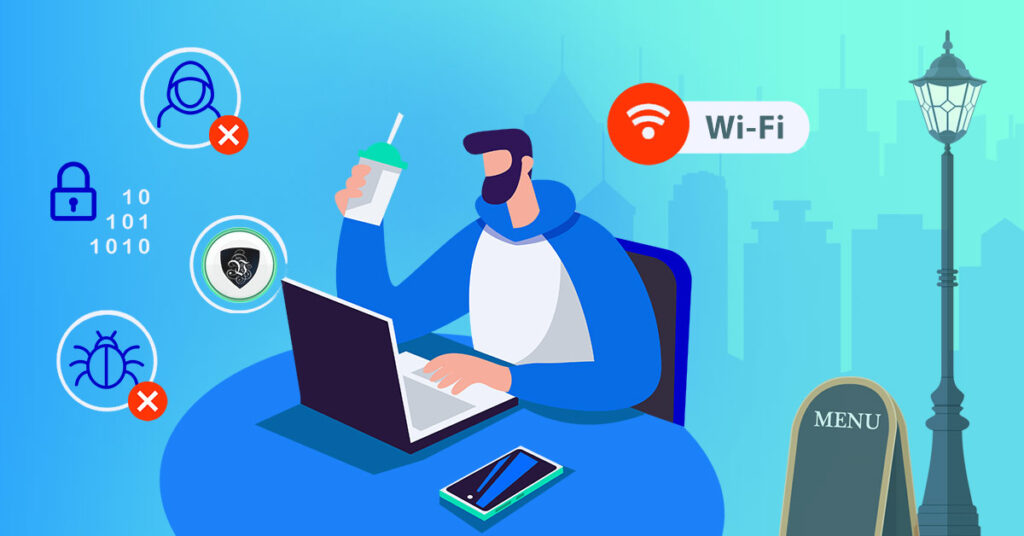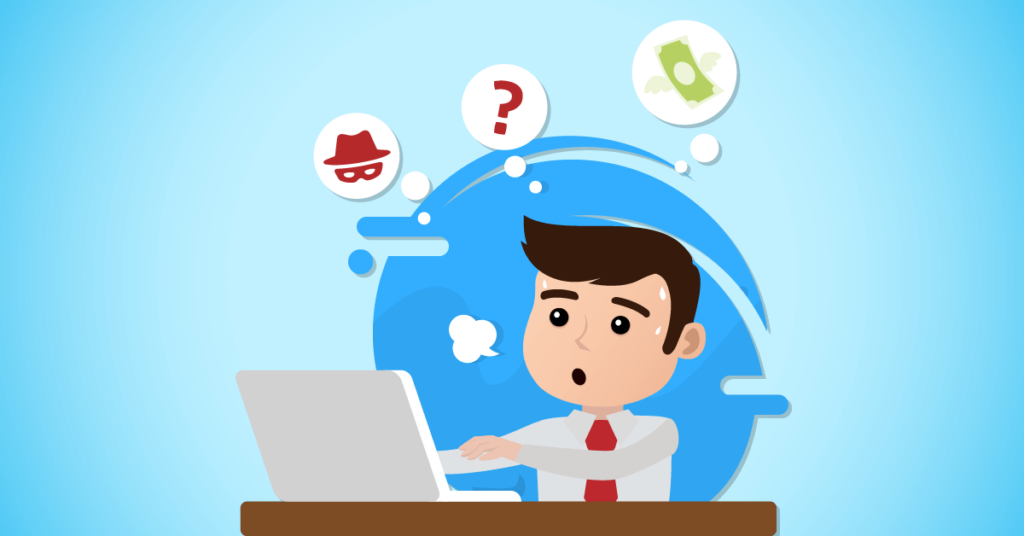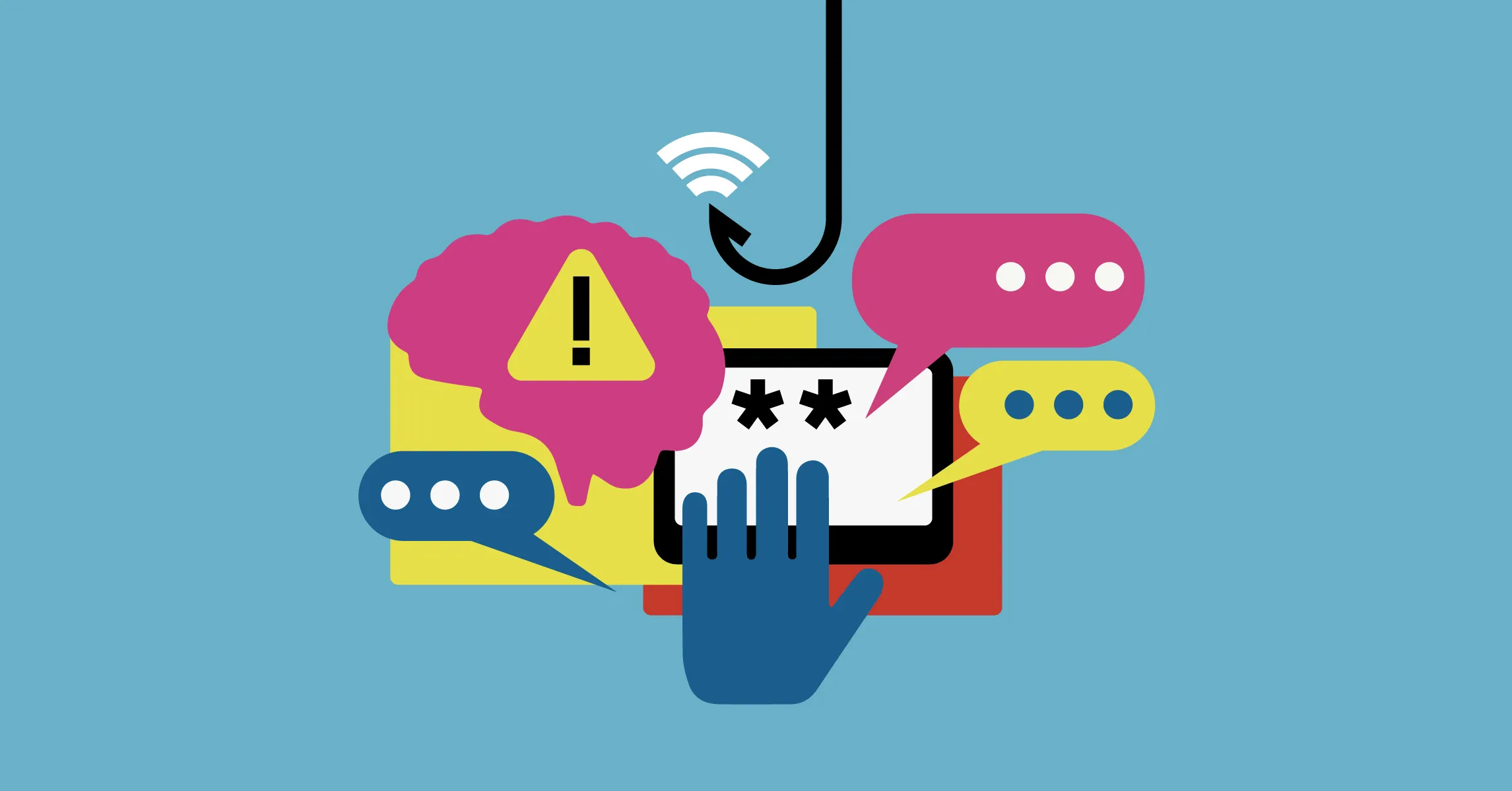The world of technology is constantly evolving, and so is our relationship with the internet. In the nineties, we only had to worry about the security of our email. Then came internet banking, smartphone apps, and Facebook. And now – now almost all of our lives are online, and our actions are constantly monitored by someone. Browser history is stored by ISPs and tracked by Facebook and other advertisers. Even your IoT devices can transmit information about you. Therefore, protecting the confidentiality of your data is a difficult task in itself, even without the intervention of hackers.
What information is available to hackers?

You may not realize how much of your personal data is on the Web. Let’s take a look at some of this information and see why it might be of interest to hackers.
PII (personally identifiable information) – personal information. These include your name, mailing address, email address, insurance policy number, individual tax number, date of birth, medical records, and school and work information. This data is more than enough to steal your identity. In particular, hackers will be interested in the history of your purchases on Amazon or an investment transaction with an online broker. Using this personal data, attackers can also compromise your other accounts.
All emails, SMS, and instant messages are stored on servers. Your correspondence may contain information that is not intended for prying eyes, such as confidential business documents, romantic messages, and letters, or bank account details. Hackers are also interested in your contact lists. Having taken possession of them, attackers will be able to send phishing emails to all your friends.
Your browser data – cookies, provider logs, data plugins – is valuable to advertisers. And with the advent of big data processing technologies, this information has become worth its weight in gold. Many people enter their bank card details when they shop online or play online slots on a bookmaker’s website.
In the meantime, you are making calls or videoconferencing over the Internet. Are you sure no one is eavesdropping on you?
You may not realize that someone has been recording your conversations for a long time. Or remember how Facebook insistently invites you to share with your friends a link to an online store where you bought something or a song you recently listened to, or how an advertisement for a product that you searched a couple of weeks ago pops up in your browser.
Hackers are constantly improving their methods. For example, for more than a decade, phishing has been one of the standard cyber-fraud tactics: you receive an email with a link that either leads to a fake site or installs malware on your computer. Now, attackers are using fake links and hacked social media accounts to steal your personal data.
Public Wi-Fi networks are an amazing thing: thanks to them, you can work from any coffee shop. But at the same time, they are extremely dangerous. Insecure connections are another way for hackers to get into your device. How to protect yourself and your personal data from this threat?
Use a VPN to protect yourself from hackers

Public Wi-Fi networks do not require authentication. It’s great, right? Here are the hackers of the same opinion, because they also do not need it. They may resort to Man-in-the-Middle (“man in the middle”) method or even set up a fake Wi-Fi hotspot to intercept your personal data.
If you need Internet on your laptop, it is better to connect it to a 4G mobile network by turning on the tethering mode on your phone.
Better yet, use a virtual private network (VPN) as your personal internet gateway.
How Encryption Protects Your Privacy
Encryption is another way to protect your data online. Most likely, some of your information is already encrypted – this is the practice of some organizations that process users’ personal data. For example, your bank website probably uses SSL and TLS encryption.
If you see a padlock at the beginning of your browser’s address bar, then the connection between it and the server is encrypted. If you fill out an online form on a site that doesn’t provide such protection, hackers can inject malware into the host server to listen in on your conversations and steal your data. This will not happen when using the SSL/TLS protocol.

